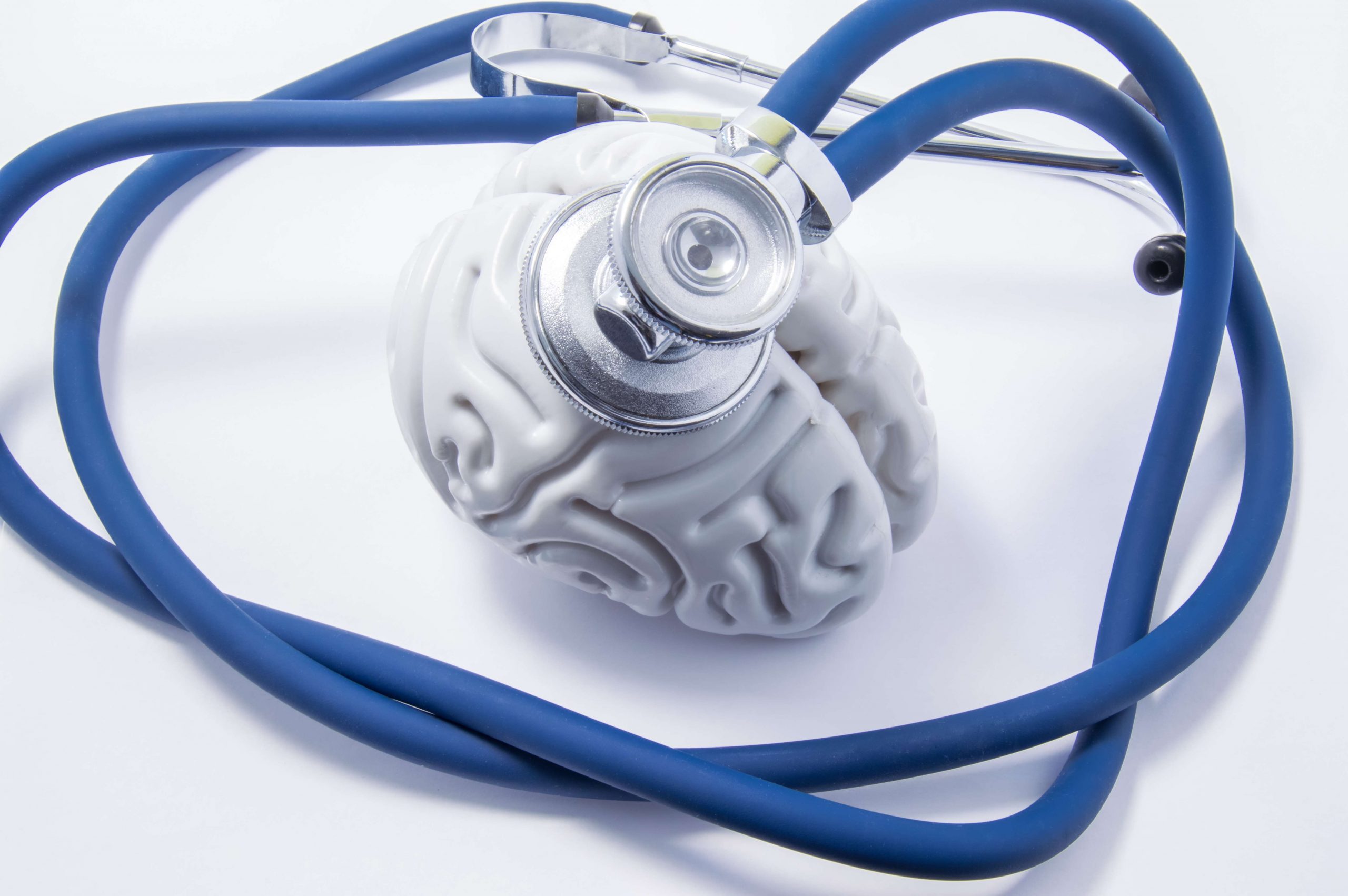Cross-sectional snapshots of people who have significant alcohol problems might reveal groups with anxiety (Apollonian) and groups without anxiety (Dionysian), but, ultimately, all may become Apollonian types as addiction advances. People who manifest anxiety problems before alcohol problems may transition https://ecosoberhouse.com/ very rapidly (telescope) from binge/intoxication (Dionysian) to negative affect/withdrawal (Apollonian), whereas others may make this transition more slowly or, perhaps, never. A night of drinking can bring up feelings of anxiety or jitteriness, even if you’re not diagnosed with an anxiety disorder.
- If you are frequently experiencing panic attacks after drinking alcohol, it is important to take a look at your drinking.
- Social anxiety usually starts in your teenage years but can be triggered at any stage of life.
- If you’re feeling nervous about being in a social setting, you may pour yourself a glass of wine to self-regulate any stress.
- It can help you feel less shy, give you a boost in mood, and make you feel generally relaxed.
Suddenly decreasing or stopping your alcohol intake can cause your body to go into withdrawal, potentially leading to a number of dangerous symptoms including hallucinations, dehydration and seizures. Your brain adapts to alcohol over time and can become less sensitive to its effects. In an acute sense, consumption of alcohol can lead to uninhibited behavior, sedation, lapses in judgment, and impairments in motor function. Admittedly, there are some evidences that booze helps reduce stress, which is down to its sedative properties in the central nervous system. Occasionally “unwinding” with small amounts of the substance may not necessarily be dangerous, but there is a certain tolerance that builds up when one starts to use alcohol. One theory of why this happens is called the «tension reduction hypothesis.» This theory suggests that alcohol is used as a self-medicating method to reduce stress and anxiety.
Reduce anxiety
According to a 2017 review that looked at 63 studies, reducing alcohol intake resulted in improvements in both depression and anxiety. If you’re drinking more than the UK low risk drinking guidelines (no more than 14 units a week for both men and women) try to cut down. It’s safer to make gradual, small reductions (not sudden large changes).We have advice on how to take a break from alcohol, but if you’re worried you are dependent on alcohol talk to your GP surgery or contact an alcohol support service. Do you ever notice yourself feeling a little out of sorts the day after you drink? Having a substance use disorder can also increase the chance of having an anxiety disorder.

Juliette has been working in the health communications field since 1991, when she began working at the National Cancer Institute of the National Institutes of Health in Bethesda, Maryland. Her initial campaigns focused on smoking cessation and cancer prevention. Juliette later moved to the corporate side of health communications, does alcohol cause panic attacks including working at Kaiser Permanente, where she designed interactive computer-based training for health education. Our short survey takes just a few minutes to complete and helps us to keep improving our healthy lifestyle articles. 1For reviews of studies not cited in the reference list, see Schuckit and Hesselbrock 1994.
How to spot the symptoms of social anxiety
People with generalized anxiety or panic disorder are more likely to develop unhealthy drinking behaviors around the same time that they start having symptoms of their anxiety-related mental health condition. However, the long-term effects of alcohol can cause anxiety or make the symptoms of an anxiety disorder worse. Additionally, chronic alcohol use can lead to tolerance or dependence, as well as cause physical damage to the body (including the brain, liver, and heart). This review broadens the psychiatric perspective on the association between diagnosable alcohol and anxiety disorders to include the psychological/learning and neuroscientific disciplines. Cross-referencing and reconciling (if not integrating) discipline-specific approaches may reveal opportunities for synergy.
- We’re not talking about just the time with a glass (or can, or bottle) in your hand.
- If you’re drinking more than the UK low risk drinking guidelines (no more than 14 units a week for both men and women) try to cut down.
- In summary, none of the three types of studies conducted (i.e., family studies, prospective investigations, and studies involving COA’s) proves an absence of a relationship between long-term anxiety or depressive disorders and alcoholism.
- As a typical depressant, alcohol affects the brain in many ways, and it is likely that high doses will cause feelings of sadness (i.e., depression) during intoxication that evolve into feelings of nervousness (i.e., anxiety) during the subsequent hangover and withdrawal.
- But alcohol can also trigger anxiety even if you don’t have an existing mental health issue.
- Recent “big data” modeling approaches have advanced the understanding of epidemiological data related to the association between anxiety disorder subtypes and risk for alcohol misuse.
Although even a heavy night of drinking can trigger anxiety, major withdrawal symptoms and bad hangovers make alcohol panic attacks even more likely. Hangovers can also add to the stress, if a person can’t function, or has to miss work/school. Summarily, the relationship between alcohol and anxiety results from the misconceptions and misinformation that many people hold about the substance. There are short-term effects that may appear to be helpful, but there will be more damage than good for the longer term.
Step 2 – reduce
But unlike most food products, in the last century, alcohol has been wrapped up in nearly perpetual controversy over its moral effects and health implications. If you have been trying to quit drinking for a while but you can’t stop despite the negative consequences on your life, you might want to consider joining a 4-6 week treatment programme at an alcohol rehab clinic like Castle Craig. Although there is no evident source for anxiety, these symptoms are interpreted by the brain as stress and worry due to biofeedback.
Klonopin: Dosage, side effects, how it works, and more – Medical News Today
Klonopin: Dosage, side effects, how it works, and more.
Posted: Fri, 27 Aug 2021 21:03:46 GMT [source]

Comentarios recientes